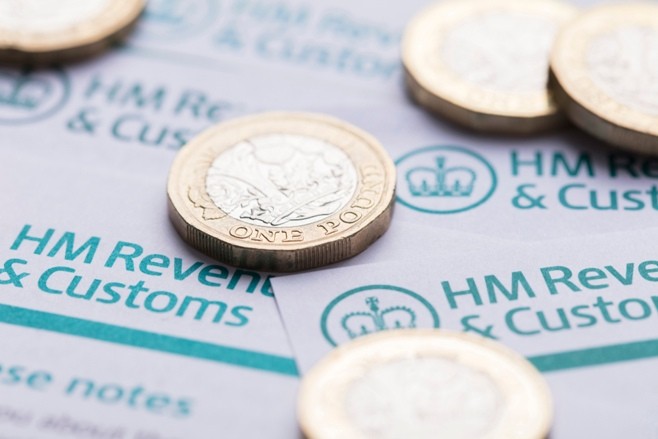Changes To Capital Gains Tax On Property
Jan 27 2020
Darren Best

HM Revenue and Customs (HMRC) are making some changes to the current law surrounding capital gains tax (CGT). From April 2020, the new capital gains tax rules are set to take effect, and the changes will impact most sales of additional properties in the UK. But what changes are happening in April 2020 to capital gains tax and how do they affect you?
What are the changes to capital gains tax on property?
Put simply, HMRC are looking to collect tax from the disposal of private residences much more quickly. Therefore, they have decided to separate capital gains tax from the self-assessment process to make it a standalone payment, whilst making the deadline to make a payment tighter.
From 6th April 2020, when selling a residential property in the UK that is not your main residence – such an inherited property or a seaside holiday home, for example – you will need to calculate, file and pay capital gains tax within 30 days of the completion date (sometimes referred to as ‘disposal date’). This new time frame will need to be factored in by landlords and property investors, as failure to make the payment within the 30-day limit will lead to penalties.
The HMRC website states the following:
“The general rule will be that a return in respect of the disposal must be delivered to HMRC within a ‘payment window’ of 30 days following the completion of the disposal, and a payment on account made at the same time. The self-assessed calculation of the amount payable on account takes into consideration unused losses and the person’s annual exempt amount. The rate of tax for individuals is determined after making a reasonable estimate of the amount of taxable income for the year.
“Gains on disposals reported on the new return can be ignored when determining whether to register for self-assessment. Enquiries into the return will be able to be made separately from any self-assessment return that may be due.”
This differs from the current law that states that capital gains tax is to be reported and paid with the next self-assessment return, which can be anywhere between 10 and 22 months after the date of the sale of property. Bringing this forward will create a one-off additional yield of around one and a quarter year’s tax (between £5bn and £8bn).
Read more: Selling a Commercial Property: What Do I Need to Know?
 Photo credit: Ink Drop / Shutterstock
Photo credit: Ink Drop / Shutterstock
What disposals are affected?
The disposals affected include the following:
- Any direct or indirect disposal of land which meets the non-residence condition which occurs on or after 6 April 2019; and
- Any other direct disposal of UK land on which a residential property gain accrues and is made on or after 6 April 2020.
Who do these capital gains tax changes apply to?
These changes to capital gains tax in 2020 apply to any buy-to-letters and those with large property portfolios. It will also affect anyone who “accidentally” becomes the owner of a second property, such as those who have inherited a property and want to sell it.
Feature image credit: designer491 / Shutterstock